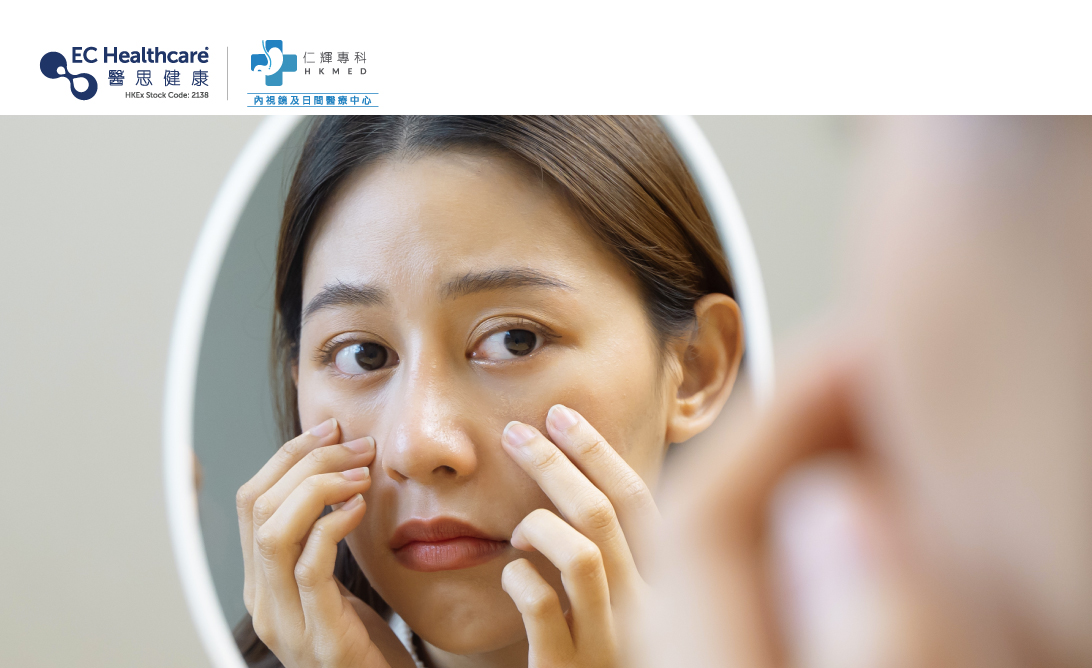Yellow face and many acne = bad liver? 7 signs that your liver is asking for help!


The liver has more than 500 functions and is mainly responsible for bile secretion, metabolism, detoxification, and nutrient storage. It is also involved in more than a thousand chemical reactions and is the largest internal organ in the human body. At the same time, the liver is the most silent one among many body organs! When there is a problem with the liver, there will be no obvious related discomfort. Instead, it will seek help from you through other superficial symptoms! Therefore, it is easy for everyone to ignore the health of the liver.

What are the effects of a bad liver?
When the liver is abnormal, it can affect the digestive system, blood system, nervous system, endocrine system, heart, skin, kidneys, and almost the entire body. If the following 7 signs appear in the body, it may mean that the liver function is declining or damaged:
Bad breath: The liver is unable to detoxify toxic substances in the body, such as ammonia, causing toxins to accumulate and eventually be excreted through breathing.
Yellowing of the skin/sclera: The liver fails to convert bilirubin, a waste product produced after the decomposition of red blood cells, causing an increase in bilirubin in the blood and depositing it in the skin, eyes and mucous membranes.
Increased acne: Impaired liver function leads to imbalance of hormone regulation, excessive secretion of male hormones, and damages the balance of sebum secretion.
Loss of appetite: Insufficient liver secretion of bile or production of digestive enzymes leads to indigestion and affects appetite.
Easy bruising/bleeding spots: Decline in liver function will prevent the liver from producing coagulation factors, namely platelets, resulting in a decrease in blood coagulation ability. At the same time, liver disease can make blood vessel walls thin and prone to rupture.
Darkening of urine/feces: Normal liver converts bilirubin into non-toxic substances and excretes them through feces. But when there is a problem with the liver, it cannot process bilirubin effectively, causing bilirubin to accumulate in urine and feces.
Fatigue: The liver has difficulty converting food into energy for the body’s needs. In addition, the liver’s detoxification, red blood cell production, and metabolism are not as effective as expected, leading to fatigue.
Simple liver nourishing method
Go to bed before 11 pm. 11 pm to 3 am is the golden time for the liver to repair itself
Stay away from tobacco and alcohol
Stay happy and control stress
Drinking more water helps detoxify the liver
Avoid greasy, fried, canned meat, and high-fructose foods
Regular and moderate exercise
Check liver function regularly
Disclaimer: This article is prepared by an independent third party and is not sponsored. The content provided is solely for informational purposes and should not be considered a substitute for professional medical advice, diagnosis, or treatment. It does not represent any specific viewpoint. In the event of any discomfort or health issues, it is advised to seek medical attention promptly.






